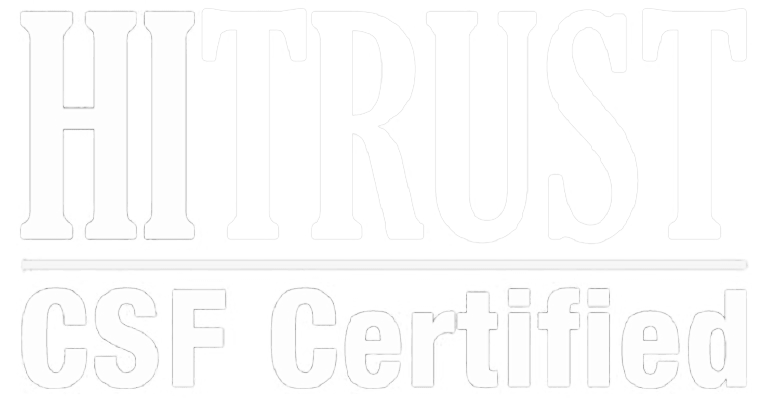As a result of allocation changes and broader distribution, transplant surgeons across the county are collaborating greater than ever by allowing their surgical colleagues to procure on their behalf. This use of non-employed/non-affiliated surgeons has created a challenge for physician practice teams. Procurement billing activity does not typically get entered into the medical practice management software billing platform as do patient-related claims.
A non-employee/non-affiliated surgeon (or their teams) must bill the Host OPO or Receiving Transplant Center for their procurement-related activity. The Host OPO or Receiving Transplant Center for which the organ was procured must also be provided with the critical information required for accurate payment (e.g., UNOS ID, organs recovered, facility, etc.). This is a highly manual process with a significant number of failure modes:
On average, 65% of organs procured for other Host OPO or Receiving Transplant Centers are not billed accurately, resulting in lost revenues to the transplant program. In addition, the lack of a process for billing and tracking surgeon procurement activity has resulted in a loss of confidence in the wRVU scorecards and productivity reports.





